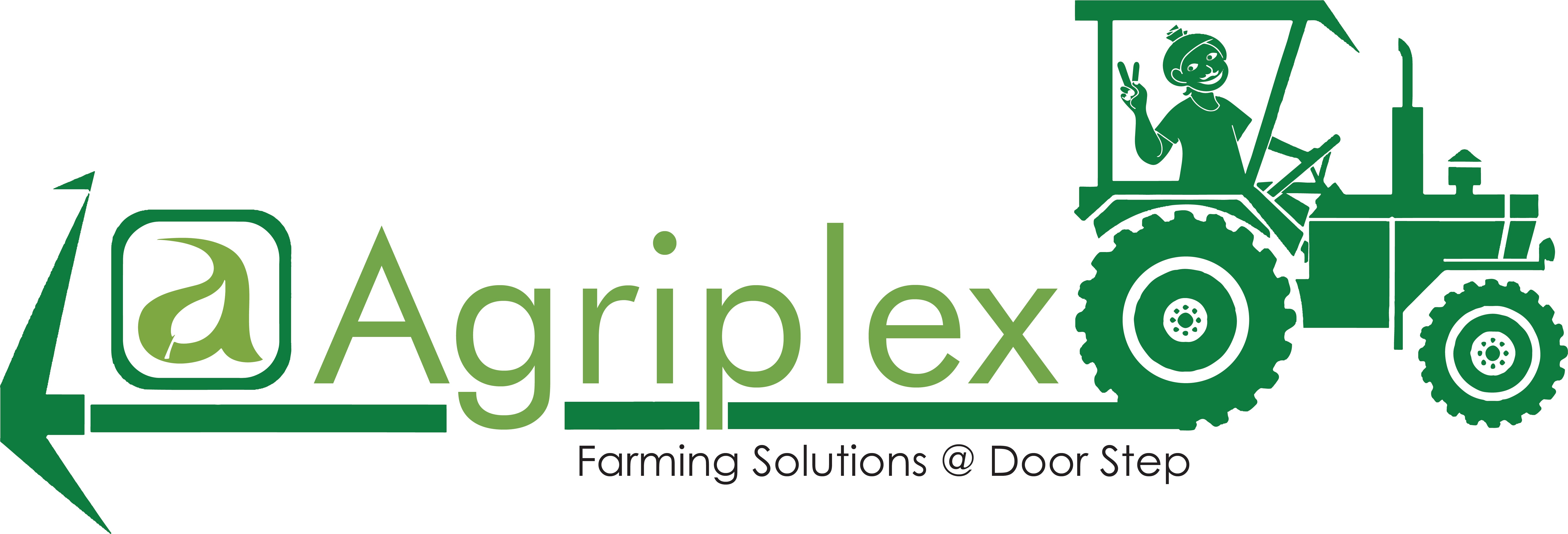Zinc Fertilizer
Zinc is an essential micronutrient for plant growth. It is involved in many important plant processes, including photosynthesis, protein synthesis, and reproduction. Zinc deficiency can cause a variety of problems in plants, including stunted growth, yellowing leaves, and poor flowering.
It can be applied to the soil or to the leaves of plants. Soil-applied it typically more effective than foliar-applied fertilizers, but they can take longer to show results. Foliar-applied zinc fertilizers are faster-acting, but they can be more expensive.
The best zinc fertilizer for your plants will depend on the type of plant, the soil conditions, and the severity of the zinc deficiency. If you are unsure which zinc fertilizer to use, it is best to consult with a garden expert.
Benefits
- Improves plant growth and development
- Promotes healthy foliage
- Increases flowering and fruiting
- Helps plants resist diseases and pests
- Improves the quality of fruits and vegetables
Features
- High-quality zinc sulfate
- Soluble in water
- Easy to apply
- Effective in correcting zinc deficiency
- Safe for plants and the environment
We recommend using our zinc fertilizer at a rate of 1-2 pounds per 100 square feet. You can apply the fertilizer to the soil or to the leaves of plants. For soil application, mix the fertilizer with the top 6 inches of soil. For foliar application, dilute the fertilizer in water according to the instructions on the label.
It is an important part of a healthy plant care routine. By using zinc fertilizers, you can help your plants grow strong and healthy.
Here are some additional tips
- Test your soil to determine if your plants are zinc deficient.
- Apply it in the spring or fall, when plants are actively growing.
- Avoid applying it to plants that are stressed or under drought conditions.
- Do not over-fertilize, as this can damage plants.
Iron Fertilizer for Plants
- What is it? Iron fertilizer is a type of fertilizer that provides plants with the essential nutrient iron. Iron is a micronutrient, which means that plants only need small amounts of it. However, iron is essential for plant growth and development. It is involved in the production of chlorophyll, which gives plants their green color. Iron also helps plants to transport nutrients and water throughout their bodies.
- Why do plants need iron? Plants need iron to produce chlorophyll. Chlorophyll is a green pigment that captures sunlight and uses it to convert water and carbon dioxide into food for the plant. Without enough iron, plants cannot produce enough chlorophyll and they will turn yellow or pale green. Iron deficiency can also lead to stunted growth, wilting, and leaf drop.
- How do I use iron fertilizer? Iron fertilizer can be applied to the soil or to the leaves of plants. Soil applications are more effective for long-term iron deficiency, while foliar applications are more effective for short-term deficiency. When applying iron fertilizer to the soil, it is important to follow the directions on the label. Over-fertilizing with iron can be harmful to plants.
Tips
- Test your soil to determine if your plants are actually iron deficient.
- Follow the directions on the label carefully.
- Do not over-fertilize.
- Apply it in the early morning or evening when the temperatures are cooler.
- Water the plants well after applying the fertilizer.
The dosage of zinc and iron fertilizers for plants depends on the type of plant, the soil conditions, and the severity of the deficiency. However, as a general rule of thumb, the following dosages can be used:
- Zinc: 1-2 pounds per acre (10-20 grams per square meter) for soil application, or 0.5-1.0 ounce per gallon (15-30 milliliters per liter) for foliar application.
- Iron: 2-4 pounds per acre (20-40 grams per square meter) for soil application, or 1-2 ounces per gallon (30-60 milliliters per liter) for foliar application.
It is important to note that these are just general guidelines, and the actual dosage may need to be adjusted depending on the specific situation. It is always best to consult with a professional horticulturist or agricultural extension agent to determine the correct dosage for your plants.
- Here are some additional things to keep in mind Zinc and iron are most effective when applied to the soil in the fall or early spring, before the growing season begins.
- Foliar applications can be used to correct a deficiency that is already present, but they are not as effective as soil applications for preventing deficiencies.
- Zinc and iron fertilizers can be mixed with water and applied as a foliar spray, or they can be applied to the soil as a granular fertilizer.
- It is important to follow the directions on the fertilizer label carefully to avoid over-fertilizing your plants.
Advantages of zinc and iron fertilizers:
- Increased crop yields: Zinc and iron are essential micronutrients for plant growth and development. Deficiencies in these nutrients can lead to stunted growth, reduced yields, and poor quality produce. Zinc and iron fertilizers can help to correct these deficiencies and improve crop yields.
- Improved crop quality: Zinc and iron are also important for the production of high-quality produce. They help to improve the taste, texture, and nutritional value of fruits, vegetables, and grains.
- Enhanced stress tolerance: Zinc and iron can help plants to better tolerate stress from factors such as drought, heat, and pests. This can lead to improved yields and quality even in challenging growing conditions.
- Reduced environmental impact: Zinc and iron fertilizers are typically more environmentally friendly than other types of fertilizers, such as nitrogen and phosphorus fertilizers. They are less likely to leach into groundwater and pollute waterways.
In addition to these general advantages, zinc and iron fertilizers can also offer specific benefits for certain crops. For example, zinc fertilizers can help to increase the starch content of potatoes and the protein content of wheat. Iron fertilizers can help to improve the color and flavor of fruits and vegetables.
Overall, zinc and iron fertilizers are a valuable tool for improving crop yields, quality, and stress tolerance. They are also relatively environmentally friendly.
Here are some specific examples of the advantages of zinc and iron fertilizers in different crops:
- Rice: Zinc fertilizers can help to increase rice yields by up to 20%. They can also improve the quality of rice by reducing the incidence of broken grains and increasing the protein content.
- Wheat: Iron fertilizers can help to improve the color and flavor of wheat flour. They can also increase the protein content of wheat, which can improve the nutritional value of bread and other baked goods.
- Tomatoes: Zinc fertilizers can help to increase the size and weight of tomato fruits. They can also improve the color and flavor of tomatoes.
- Apples: Iron fertilizers can help to improve the color and flavor of apples. They can also increase the storage life of apples.
Overall, zinc and iron fertilizers can be a valuable tool for improving the production and quality of a wide range of crops.







